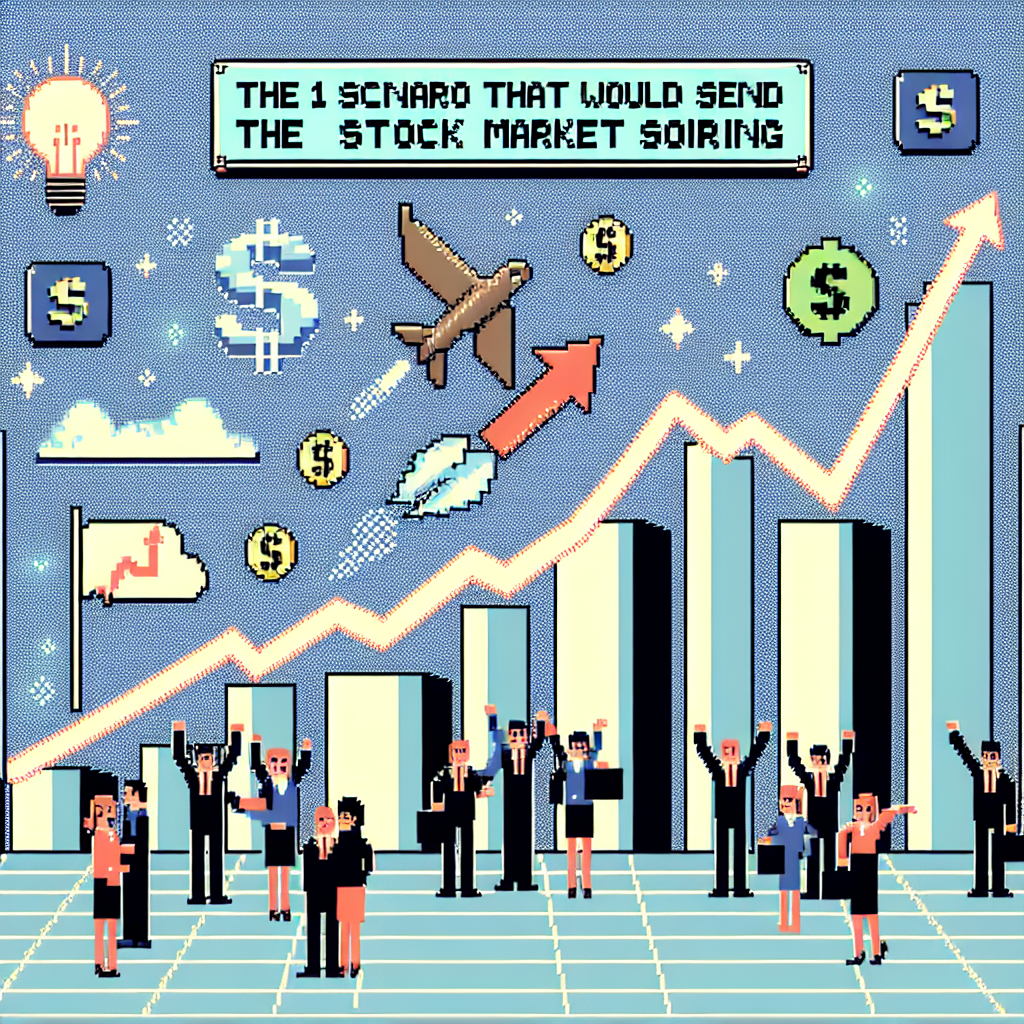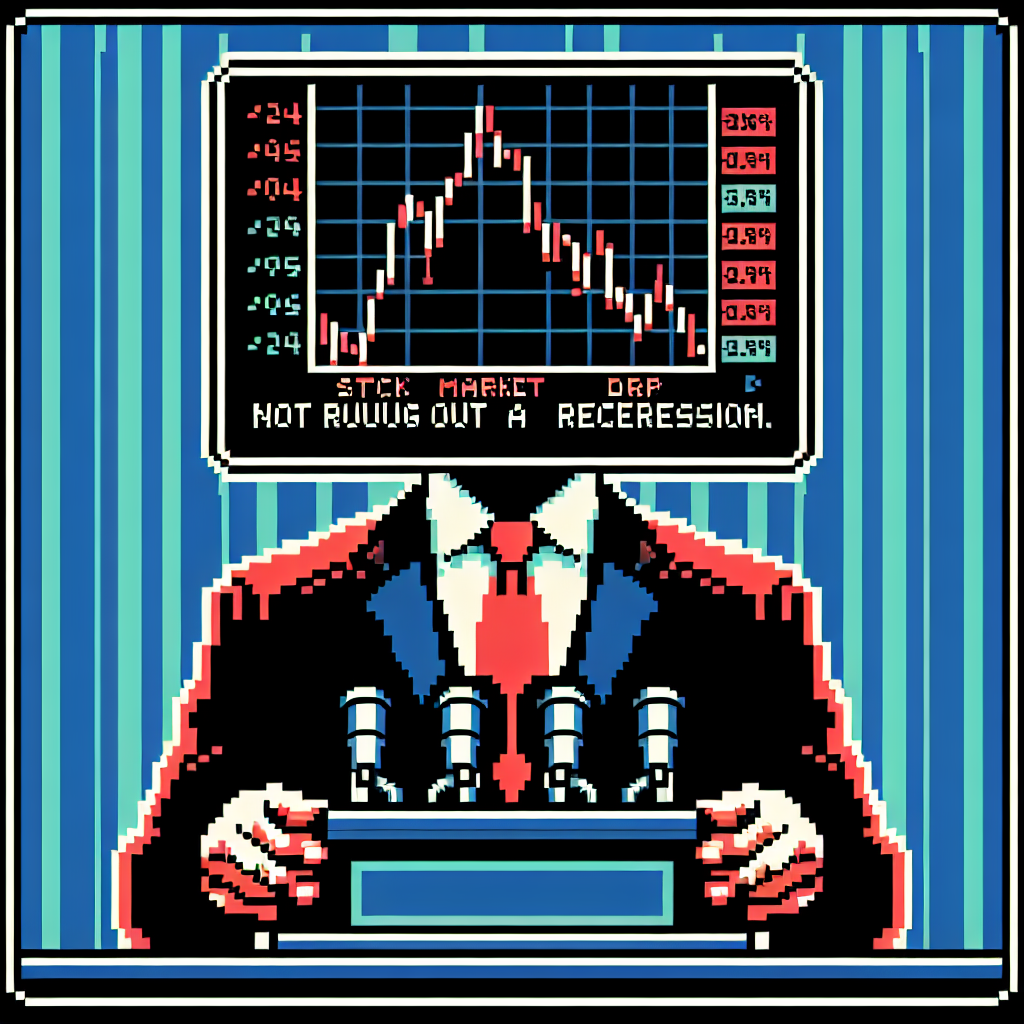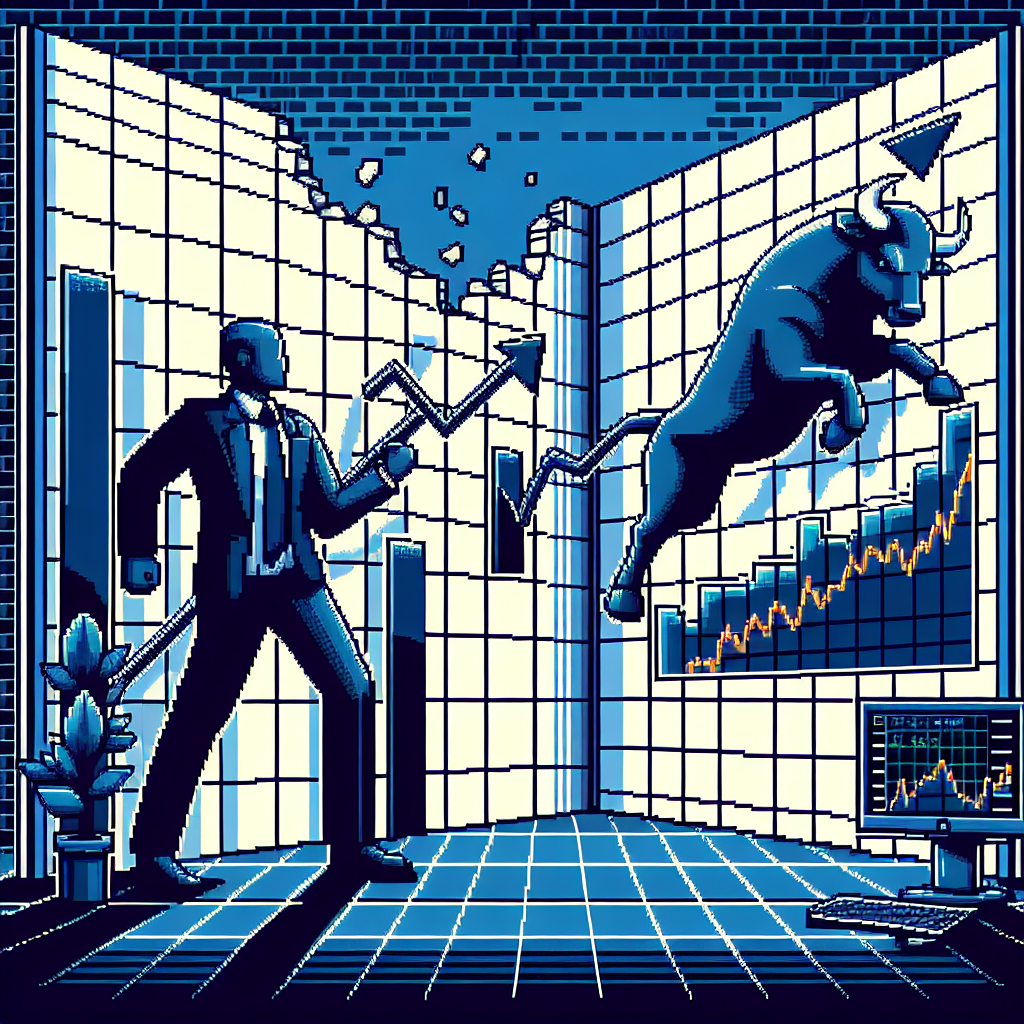The 1 Scenario That Would Send the Stock Market Soaring - Barron's | Analysis by Brian Moineau
Title: The Unlikely Wind Beneath Wall Street’s Wings: What Could Send the Stock Market Soaring?
In the world of finance, predicting market movements can often feel like reading tea leaves or trying to forecast the weather. Yet, every so often, an idea emerges that captivates both seasoned investors and casual observers alike. One such idea was recently discussed in Barron's, pondering the one scenario that could send the stock market on a sky-high trajectory. While the article itself remains “null” in detail, let’s explore this tantalizing concept with a light-hearted twist and see what could really send Wall Street into a frenzy.
The Magic Bullet: A Unified Economic Recovery
Imagine a world where geopolitical tensions ease, supply chains untangle themselves like a magician pulling endless scarves from a hat, and central banks worldwide strike the perfect balance between curbing inflation and encouraging growth. This utopia might sound far-fetched, but it’s precisely this kind of synchronized global recovery that could send the stock market soaring.
A Global Symphony
Consider the current global landscape. The U.S. Federal Reserve, amidst inflationary pressures, has been raising interest rates. Meanwhile, the European Central Bank and the Bank of Japan have faced their own economic puzzles. A harmonious alignment, where major economies recover in unison, could create a ripple effect, boosting investor confidence and stock prices globally.
Remember the post-2008 financial crisis recovery? Coordinated efforts among central banks led to one of the longest bull markets in history. The lesson? When the world’s economic powerhouses play in concert, markets tend to sing.
External Influences: Beyond the Financial Realm
Outside the realm of stocks and bonds, other factors could also play a role. The tech world, for instance, has seen rapid advancements in artificial intelligence and renewable energy. These sectors promise not only innovation but potential profitability that could drive market enthusiasm.
Moreover, let’s not forget the cultural zeitgeist. We live in a time where social media can influence market trends almost overnight. Remember the GameStop saga, driven by retail investors on Reddit? It’s a testament to how market dynamics are no longer confined to Wall Street.
The Human Factor
Ultimately, the stock market is not just a collection of numbers and charts; it’s a reflection of human behavior. As Warren Buffett famously said, “Be fearful when others are greedy and greedy when others are fearful.” The psychology of investing plays a crucial role, and a wave of optimism, fueled by tangible improvements in global conditions, could be the catalyst for a market surge.
A Final Thought
While the scenario of a perfectly coordinated global recovery remains speculative, it’s a reminder of the interconnectedness of our world. In an era where unpredictability seems the only constant, it’s comforting to daydream about a scenario where everything falls into place.
In the end, whether or not the stock market will soar remains to be seen. But one thing’s for sure: the dance of economic forces, technological advances, and human emotions will continue to create a market landscape that’s as dynamic as it is unpredictable.
So, as you sip your morning coffee and ponder the mysteries of Wall Street, remember that sometimes, the most improbable scenarios can become reality. After all, in the world of finance, stranger things have happened.
Read more about AI in Business





